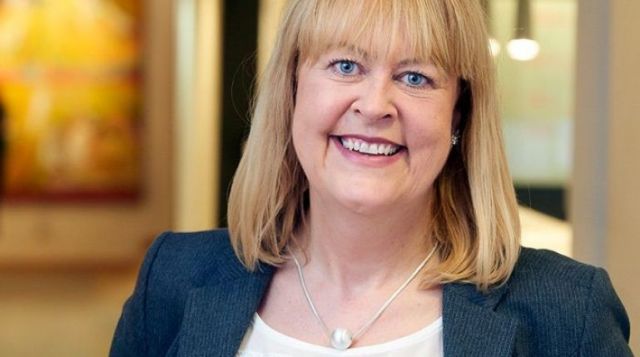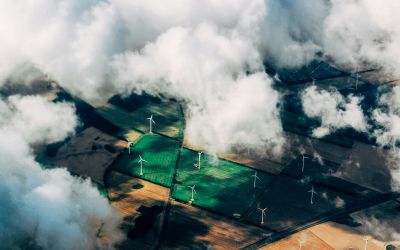Interview with Eva Halvarsson, Chief Executive Officer, AP2
Climate Action caught up with Eva Halvarsson, Chief Executive Officer, Second Swedish National Pension Fund (AP2), on scaling up low carbon investment and her participation in the first Sustainable Investment Forum Europe.

Climate Action caught up with Eva Halvarsson, Chief Executive Officer, Second Swedish National Pension Fund (AP2), on scaling up low carbon investment and her participation in the first Sustainable Investment Forum Europe.
1. AP2 is one of the largest asset owners in Northern Europe, what are your key goals for AP2 and what sustainable investment projects are you involved in?
The overall goal or priority is to integrate sustainability as part of the asset management process. We decided a couple of years ago to concentrate the Fund’s sustainability activities primarily on a few focus areas that are considered essential to achieving a better long-term return. In those areas the Fund possesses extensive expertise and experience, having been engaged in the issues for a considerable period. We have four focus areas: Climate, Corporate governance, Diversity and Transparency/reporting.
Broadly, we are doing a lot of things. For example, we are in various ways engaged in the UN Sustainable Development Goals and for the last two fiscal years we have reported on how our investments relate to the SDGs. Also, during 2017 AP2 made one of our first investments directly aimed at the UN-SDGs, through the private equity fund, The Rise Fund, which is managed by TPG Growth. The Rise Fund is committed to achieving measurable, positive social and environmental outcomes alongside competitive financial returns. The Rise Fund’s objectives align with various of the UN Sustainable Development Goals.
One of last year’s most important actions in relation to sustainability was to integrate ESG factors into the quantitative management of our global equities, which accounts for approximately SEK 90 billion (~ EUR 9 billion) of the Fund´s capital. Most investors rely on standard “off-the-shelf” ESG data, but we instead compiled original base data to create our own factors. This process has continued during 2017, and has now included the development of ESG-weighted indices to promote a more strategic approach.
We are also doing a lot on climate. The Fund’s objective is to develop the portfolio in compliance with the two-degree target for climate change. To achieve this, we monitor the risks and opportunities presented to us as long-term investors. Integrating climate-related financial analyses as part of the investment process, we can identify assets that involve climate-related financial risks, thereby reducing them. And vice versa, find interesting climate-related investment opportunities.
We are also supportive of the recommendation on climate related disclosure from the Task Force on Climate-related Financial Disclosures (TCFD) released earlier this year. We are very positive towards the TCFD framework as it will increase corporate transparency and hopefully provide the information asset owners and asset managers need to assess both climate risks and opportunities. The framework is also an important tool for us to describe and communicate our own work relating to climate.
2. What do you consider to be the key challenges of scaling up low carbon investment, from a Pension Fund perspective?
I would say that a key challenge for a pension fund is to find low carbon investments that fit with the funds way – and possibilities - of investing. Many companies focusing on product and services for a low-carbon economy are non-listed. At AP2, for example, we are by the present law limited in the volume of investments in non-listed companies. Other investment opportunities might include excessive project risk, a risk that not all pensions funds are willing to take.
3. Why is it important to divest from certain companies that have a negative impact on our climate from an investment perspective?
I think it is important for pension funds, as long-term investors, to evaluate the financial climate risks of their portfolios. If the climate risk is not priced into the valuation of an investment, the appropriate action is to divest.
4. You will be speaking at the first Sustainable Investment Forum Europe, what do you think can be achieved in terms of outcomes of the Forum?
I have a firm belief that discussing these important issues and exchanging experiences will lead to increased insights of the importance to integrate sustainability in everything that all of us do. And, to give the participants some practical ideas on how to develop their respective work further.
I guess that all of us constantly strive to take the best possible investment decisions – and to be able to do that we need to be able to analyze and understand all aspects of an investment, including the environmental and societal parts – the more we learn, the better investors we become.
Join Eva Halvarsson at the Sustainable Investment Forum Europe on 13 March 2018, register here.






